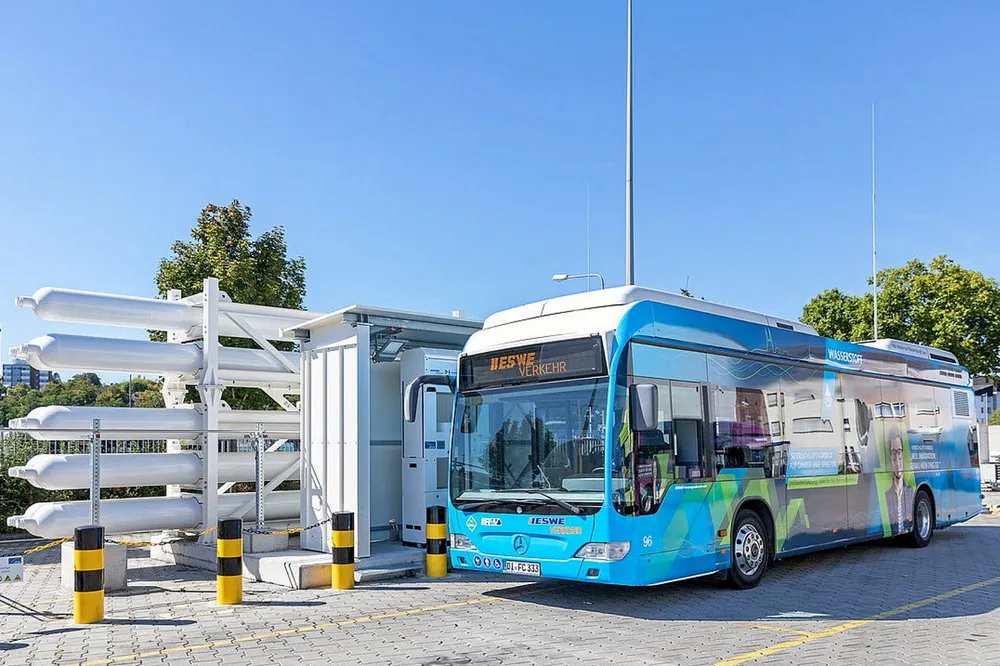EXCLUSIVE | 'Cheaper and greener': German city set to order 100 hydrogen buses on basis of study that will remain secret
Duisburg refuses to allow scrutiny of report that concluded H2 buses would be a cheaper option than battery-electric ones

Duisburg refuses to allow scrutiny of report that concluded H2 buses would be a cheaper option than battery-electric ones
